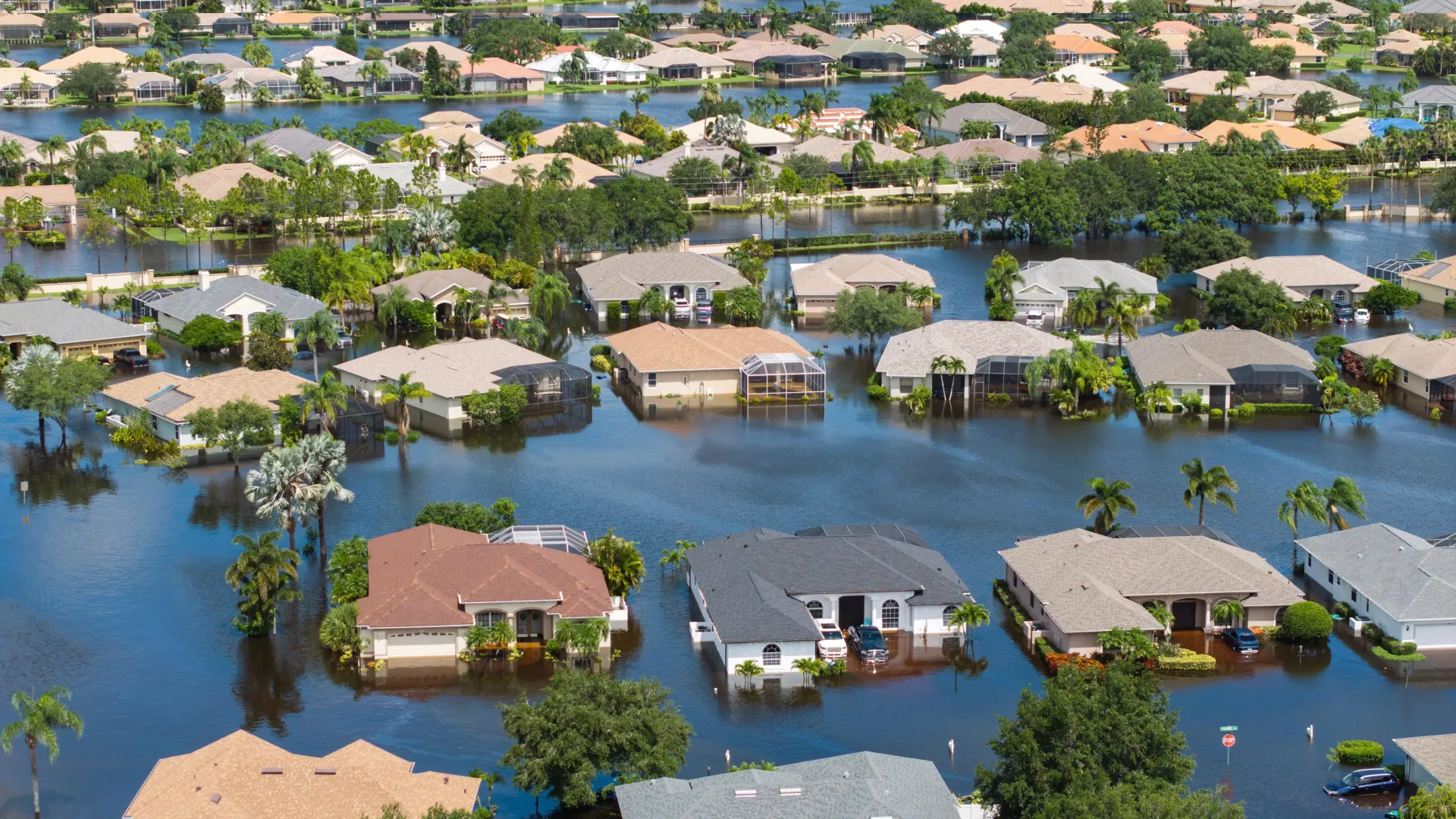Now Reading: Single Clear-Cut Linked to Intensified Floods and Storms: Study
-
01
Single Clear-Cut Linked to Intensified Floods and Storms: Study
Single Clear-Cut Linked to Intensified Floods and Storms: Study

Quick Summary
- A new study by UBC researchers reveals clear-cutting forests can lead to catastrophic floods that occur up to 18 times more frequently, with effects lasting over 40 years.
- In one watershed studied, extreme floods became twice as large and a once-in-70-years event now occurs every nine years.
- the findings challenge conventional flood models that fail to account for significant variability due to landscape factors like slope direction.
- Flood impacts were observed in a north-facing watershed where moisture retention is higher, while the same treatment had little effect on the south-facing watershed.
- Older assumptions in forest management models are inadequate; probabilistic tools reveal stronger and more erratic flood responses from forestry disturbances.
- The results have policy implications for regions like British Columbia (B.C.), suggesting new modeling techniques be applied for better risk assessment amid climate change challenges.
Indian Opinion Analysis
The study underscores the critical importance of considering nuanced environmental factors in forest management practices, which may resonate with India’s own forestry policies and disaster mitigation strategies. With deforestation occurring at significant rates across India’s rural landscapes, these findings serve as a cautionary tale about long-term hydrological consequences of land use changes combined with shifting climate patterns. India could benefit from incorporating advanced probabilistic tools into its flood modeling systems to better predict risks for vulnerable communities in its varied terrains.
Effective water resource management is increasingly vital given India’s rising instances of severe flooding exacerbated by extreme weather events tied to climate change-as seen during monsoons impacting cities like Mumbai and Chennai or Himalayan watersheds prone to flash floods. This research highlights existing gaps that logic-based policy interventions need urgently address: focusing on terrain-specific impacts rather than broad assumptions should form part of India’s future ecological planning initiatives.























